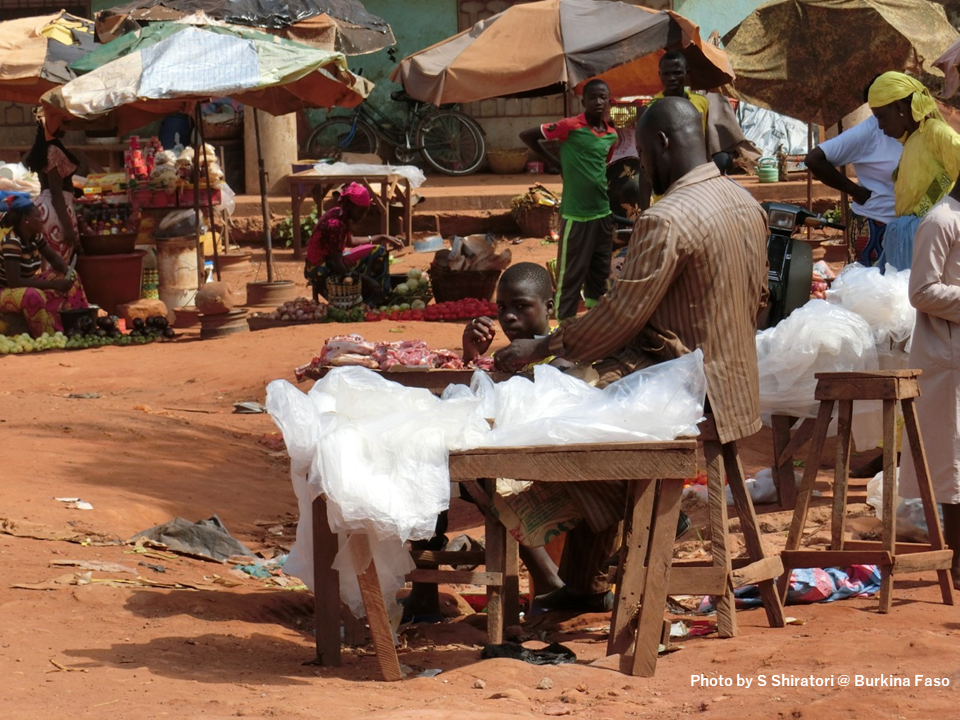Pick Up
1031. The Impact of Supply Chains on Food Loss and Greenhouse Gas Emissions

1031. The Impact of Supply Chains on Food Loss and Greenhouse Gas Emissions
Today, we would like to introduce an article published in Environmental Research Letters (Heiman and Miller 2024).
One-third of the world's food is wasted, while nearly 800 million people suffer from hunger. On the other hand, food loss accounts for about 8% of total anthropogenic greenhouse gas (GHG) emissions. In this study, we developed a food loss estimation tool to assess how improving access to supply chains (*) affects food loss and associated GHG emissions for seven food groups in seven regions.
We estimate that if the global food supply chain is fully optimized, it could reduce food loss by up to 620 million tonnes (Mmt) and even lead to a reduction of 1.8 GtCO2-eq per year. This accounts for about half of food loss and 41% of GHG emissions related to food loss. It can prevent more than 100 million tonnes of fruit and vegetable loss in South and Southeast Asia, and more than 700 million tonnes of CO2-eq loss in Sub-Saharan Africa.
In addition, developing a more localized, less industrialized ("farm-to-fork") food supply chain may result in savings over optimized chains. With a localized supply chain, more than 250 million tonnes of potatoes can be lost worldwide (more than 100 million tonnes more than an optimized chain) and more than 300 million tonnes (CO2-eq) of GHG emissions from meat loss can be reduced in developed regions.
Since the magnitude of the impact on the environment varies depending on the type of food, the investment will differ depending on whether the priority is to reduce the loss of the entire food or to reduce GHG emissions.
(*)In this paper, they refer to the term "cold chain." However, it is not clear from this paper if refrigeration reduces food losses. We call it a supply chain here as it sounds rather related to the issue of supply chain optimization.
Reference
Aaron Friedman-Heiman and Shelie A Miller 2024 Environ. Res. Lett. 19 064038. https://iopscience.iop.org/article/10.1088/1748-9326/ad4c7b
Contributor: SHIRATORI Sakiko (Information and Public Relations Office)
